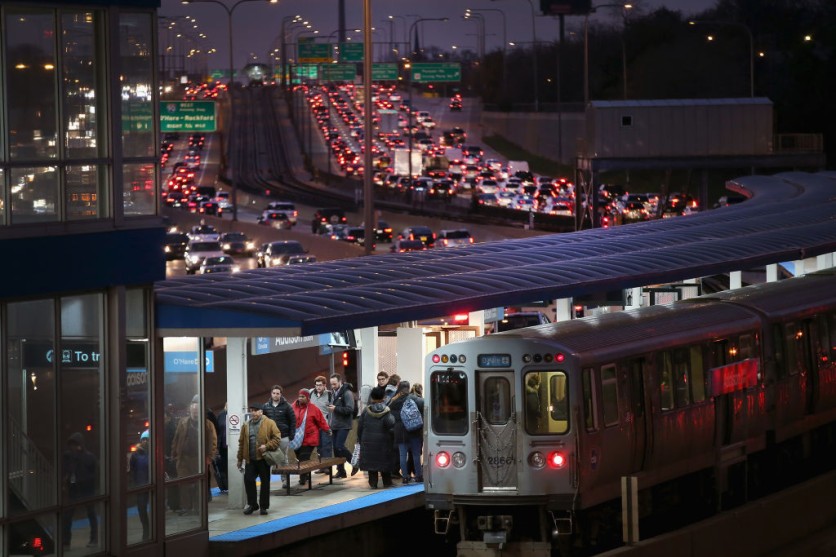Breathing air in rush-hour traffic has been linked to a significant increase in blood pressure, according to a recent study from the University of Washington. The research reveals that exposure to rush-hour traffic air can lead to a rapid spike in blood pressure, persisting for up to 24 hours.
"The body has a complex set of systems to try to keep blood pressure to your brain the same all the time. It's a very complex, tightly regulated system, and it appears that somewhere, in one of those mechanisms, traffic-related air pollution interferes with blood pressure," said Joel Kaufman, a UW physician and professor of environmental and occupational health sciences.

High Blood Pressure in Traffic?
The study brings to light the potential health risks faced by individuals commuting on busy roads, shedding light on an aspect previously overshadowed by the broader discussion on air pollution and its consequences.
Kaufman spearheaded the study, and his team sought to emulate real-world conditions, driving healthy participants through rush-hour traffic in Seattle while closely monitoring their blood pressure.
The key revelation was that exposure to unfiltered air from rush-hour traffic resulted in a notable increase in passengers' blood pressure during the journey and will persist for up to 24 hours.
Kaufman emphasized the complexity of the human body's mechanisms for maintaining consistent blood pressure in the brain. He highlighted that traffic-related air pollution seems to interfere with these intricate regulatory systems, offering a potential explanation for the observed spike in blood pressure.
This insight stems from an earlier experiment by Kaufman's lab, where exposure to diesel exhaust fumes in a controlled environment similarly affected blood pressure.
Read Also : BPClip: This Ultra-Low-Cost Smartphone Attachment Can Measure Blood Pressure off Fingertips
Comparable to High-Sodium Diet
In the recent roadway traffic study, participants were unaware whether they were exposed to unfiltered air or air filtered by high-quality HEPA filters. The results showcased a rapid increase in blood pressure, exceeding 4.50 mm Hg, when participants breathed unfiltered air compared to drives with filtered air.
This increase, comparable to the impact of a high-sodium diet, peaked around an hour into the drive and sustained for at least 24 hours. The significance of these findings extends beyond the immediate health implications, raising questions about ultrafine particles - a relatively unregulated and poorly understood pollutant.
"We know that modest increases in blood pressure like this, on a population level, are associated with a significant increase in cardiovascular disease," Kaufman said.
"There is a growing understanding that air pollution contributes to heart problems. The idea that roadway air pollution at relatively low levels can affect blood pressure this much is an important piece of the puzzle we're trying to solve," he added.
The study's findings were published in the Annals of Internal Medicine journal.
Related Article : Are Smartwatches Ready for Blood Pressure Monitoring? Apple Watch, Galaxy Watch, Fitbit Pursue Studies

ⓒ 2026 TECHTIMES.com All rights reserved. Do not reproduce without permission.




